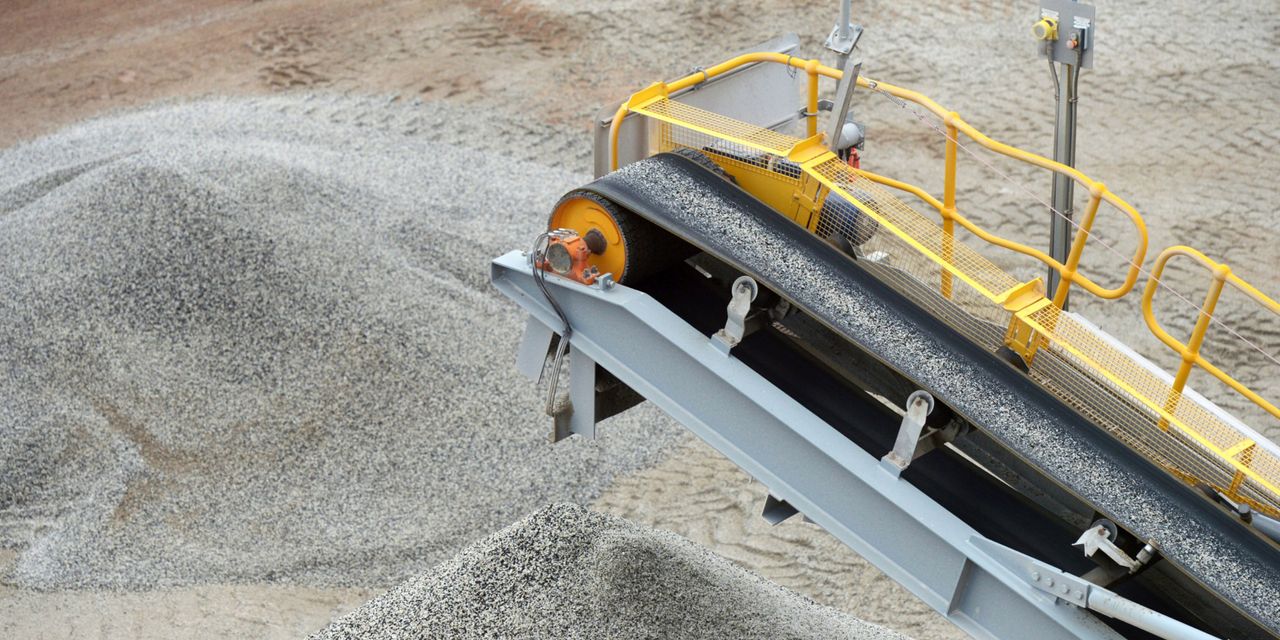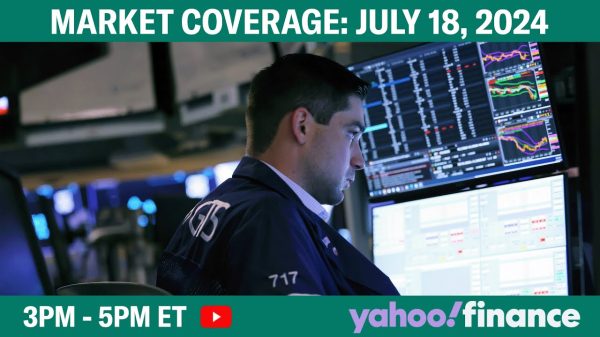Is Australia the awakening giant of the global green transition?
It has the natural endowments. The continental nation is the world’s top miner, by far, of lithium, the essential element for electric vehicle batteries. It’s among the top five in nickel, cobalt, and rare earth metals, all strategic components of the climate battle to come.
Australia exports almost all this mineral wealth in raw form for processing elsewhere, largely China. The U.S. and Western allies would love to change that. “We need to stop being a dig-and-ship country and take advantage of this once-in-a-century opportunity,” says Kirk McDonald, project manager at start-up incubator Supercharge Australia.
Prime Minister Anthony Albanese’s government agrees, to judge by the Critical Minerals Strategy it published late last month. “Our trade and investment partners are increasingly looking to Australia to feed diversified global supply chains in the energy transition,” the manifesto declares.
Canberra’s financial commitment hardly matches this grand objective, however. The strategy allocates all of 600 million Australian dollars ($402 million) in new spending. “It’s a baby step in the right direction,” says Robin Griffin, vice president of metals and mining research at consultant Wood Mackenzie.
Other things being equal, it would make economic sense for Australia to keep digging and shipping its ores elsewhere for processing. “As a rule of thumb, a refinery in Australia will need almost twice the capital as one in China,” Griffin says. e
Mustering a qualified workforce from a population of just 26 million is another challenge, adds Rick Valenta, director of the University of Queensland’s Sustainable Minerals Institute. “We are chronically short of the specialty skills we need,” he says.
But all things are, of course, not equal in a decoupling world. Albanese recently met with his left-of-center kindred spirit Joe Biden, and came away with an amorphous pledge to “address the climate crisis as a critical component of the bilateral relationship.” Australians hope this means their metals will count as domestic content for the generous green subsidies earmarked in the U.S. Inflation Reduction Act. That remains to be seen.
Australia has other pluses aside from not being China. It already runs on 12% solar power, four times the proportion of the U.S. or China. It could well win the race to power its mining industries with renewable energy, a moral and/or economic advantage in the future.
“Fast forward 10 years when there’s a global price on carbon emissions, and Australia could be exporting decarbonization,” says Tim Buckley, director of Australian think tank Climate Energy Finance.
The nation is also a champion at absorbing skilled immigrants to fill its manpower gaps. It holds close to A$4 trillion in regulated pension pools known as superannuation funds, invested with “a very restrictive mandate,” McDonald says. He and Buckley would like to see A$100 billion of that hived off for critical minerals investment. The government is cautious so far.
A few companies are taking more-than-baby steps into Australian metals processing. U.S.-based lithium power
Albemarle
(ticker: ALB) lately announced a $1.5 billion expansion of a lithium hydroxide refinery near the country’s West coast. Domestic player
Iluka Resources
(ILU. Australia) last year greenlighted an A$1.2 billion rare earths facility, with some government financing.
It’s a long way from the moment six years ago when Albanese’s predecessor, Scott Morrison, brought a lump of coal into parliament, accusing green-minded deputies of a “pathological fear” of this Australian cash earner. But there’s a long way still to go.
Email: [email protected]
Read the full article here













